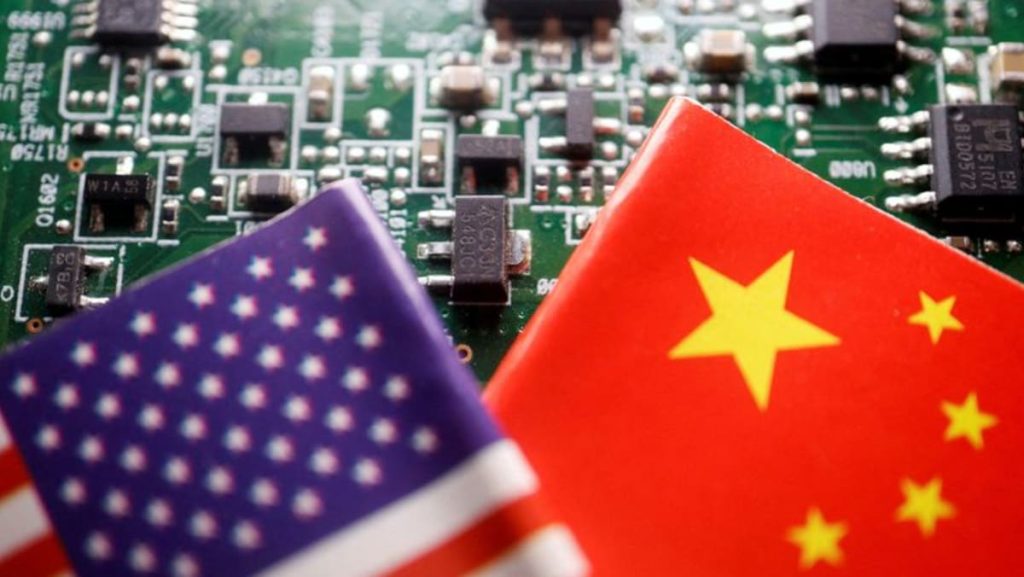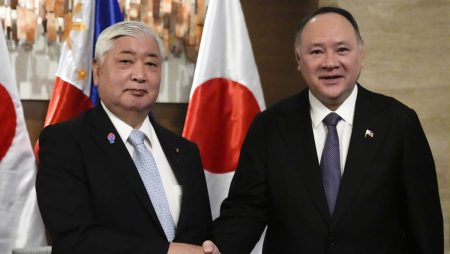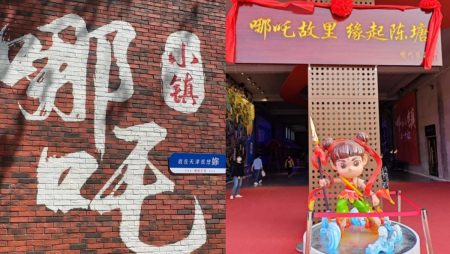The recent introduction of new export controls marks a significant development in the ongoing regulatory landscape surrounding advanced chipmaking technology. These latest rules have been crafted after extensive discussions among key global players in the semiconductor industry, notably Japan, the Netherlands, and the United States. Together, these nations hold considerable sway in the production of advanced chipmaking equipment, and their cooperation is crucial in navigating the complex intersection of technology, trade, and national security concerns. The collaborative dialogue illustrates the heightened awareness of potential risks associated with technology transfers, particularly in relation to strategic sectors like semiconductor manufacturing that underpin global digital infrastructure.
The Dutch government’s intention to thoroughly analyze the new restrictions reflects the differentiated perspectives that countries maintain regarding national security and export control practices. It underscores the necessity for countries to tailor policies that align with their unique security considerations. In this context, ASML, a leading manufacturer of chip-making machinery based in the Netherlands, has expressed confidence that the newly proposed regulations will not significantly impact its business operations. However, ASML also recognized the possibility that if the Dutch government arrives at a comparable security assessment, certain exports of advanced chip-making tools could indeed be hindered. This indicates the delicate balance and potential friction that could arise between maintaining a competitive market stance and adhering to national security imperatives.
A major aspect of the latest regulations concerns the restrictions imposed on specific memory technologies used in artificial intelligence (AI) chips, particularly those classified as “HBM 2” and higher. These technologies, which are primarily produced by leading firms in South Korea, such as Samsung and SK Hynix, as well as US-based Micron, are critical for enhancing the performance of AI applications. Industry analysts suggest that Samsung Electronics may experience a tangible impact from these restrictions, particularly as a substantial portion of its HBM chip sales—estimated at around 20%—is generated in the Chinese market. This could necessitate strategic shifts within Samsung as it navigates the repercussions of these export controls in its business operations.
The implementation of these regulations signifies a continuation of the Biden administration’s initiative to impose stringent export controls aimed at limiting China’s access to advanced semiconductor technologies. This latest round of rules is not an isolated incident; rather, it represents the third significant package of export restrictions directed toward the Chinese semiconductor sector. The trajectory of these measures began in October 2022, when the United States introduced an extensive set of restrictions that marked a fundamental recalibration of tech policy concerning China. This collection of controls aims to undermine China’s advancements in high-tech sectors, especially those capable of leveraging cutting-edge semiconductor technologies for military or strategic applications.
The broader strategic implications of these export controls cannot be overstated, as they highlight a growing trend among nations to prioritize national security in their commercial relationships, particularly in high-stakes industries like semiconductors. By limiting technological access to certain countries, particularly China, the United States and its allies are fundamentally reshaping the competitive landscape of the global technology market. This transformation seeks to protect intellectual property and maintain a technological edge, while also addressing concerns over potential military applications of advanced technologies. As countries continue to assess their policies in response to these shifts, it will be vital to monitor how these regulations influence not only trade dynamics but also alliances in the global tech ecosystem.
As nations grapple with the repercussions of these export controls, the responses from affected companies and countries will be crucial in determining the long-term impact of such policies. The semiconductor industry is characterized by rapid innovation and intricate global supply chains, making it particularly vulnerable to shifts in regulatory environments. Companies like ASML, Samsung, and SK Hynix may need to reevaluate their market strategies and supply chain logistics to mitigate potential disruptions. Meanwhile, interested governments, including those in the European Union and Asia, will have to carefully weigh the implications of these restrictions, not only in terms of economic interests but also regarding their national security agendas.
In summary, the newly introduced export controls signal a pivotal moment in the semiconductor industry, indicating heightened international collaboration aimed at regulating the flow of advanced technologies. As key players like the US, Japan, and the Netherlands navigate the complexities of national security and economic interests, the repercussions will likely reverberate through global markets. The impact on companies operating within these parameters, particularly South Korean firms, further emphasizes the interconnectedness of technology policy and market viability. The evolving landscape of semiconductor regulation will warrant close attention as nations and corporations respond to the new realities of an increasingly competitive and strategic tech environment.










